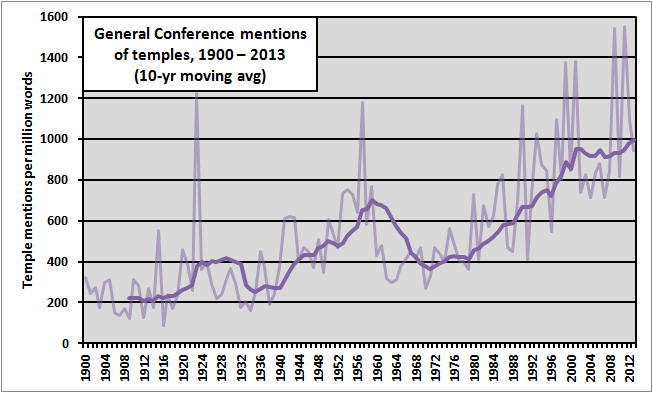I’m somewhat wary of secrets. Yes, I absolutely think there is a time and a place for keeping confidences, and I’m very much a supporter of private information staying generally private (like not having your entire web history auctioned off by your internet service provider to the highest bidder. But I digress). I’m not entirely on board with the trend in our contemporary culture to leak anything that can be leaked; given my history of willingness to criticize the church, you might be surprised to learn that I actually have some serious reservations about the recent MormonLeaks phenomenon.
Still, secrets are tricky beasts. Sometimes they’re necessary, no doubt about it. But I don’t like how they can place excessive burdens on people who get stuck with more knowledge than they can handle on their own, but who can’t ask for support because the knowledge is secret. I don’t like how they can create dividing lines between people, separating out those “in the know” as a privileged group. I don’t like how they can create a toxic atmosphere in communities (think, polygamy under Joseph Smith), or in families (such as when a parent selects one child and share their secrets with them but not with anyone else, and the dynamics get weird fast). Read More
